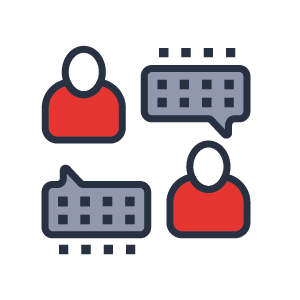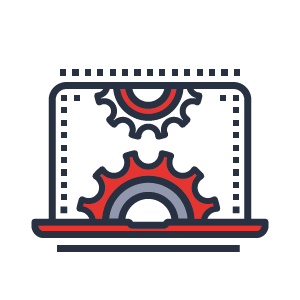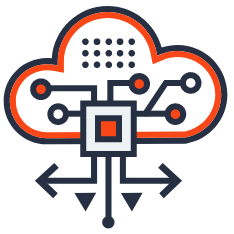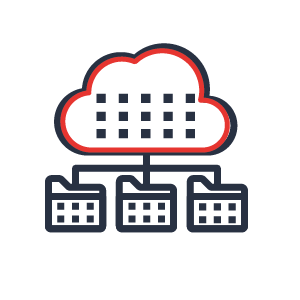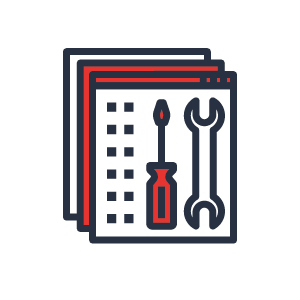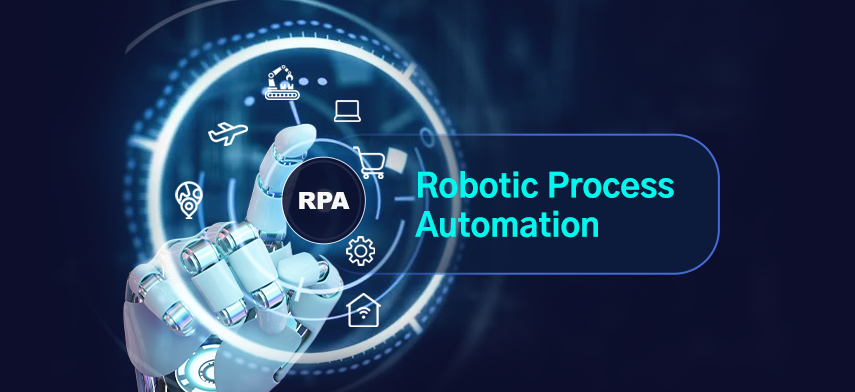
Robotic Process Automation (RPA) refers to the use of software robots or ‘bots’ to automate routine, rule-based tasks. It is a powerful tool that emulates human interactions with digital systems and automates processes without the need for human intervention.
The RPA technology has seen a rapid evolution since its inception, with businesses of all sizes and industries recognising its potential.
The global RPA market was valued at $1.4 billion in 2020 and is expected to grow at a CAGR of 40.6% from 2021 to 2028, reaching $25.66 billion by 2028 according to Grand View Research. This significant growth can be attributed to the rising demand for business process automation through the use of artificial intelligence and machine learning technologies.
Understanding RPA
To truly comprehend the impact of RPA on businesses, it’s crucial to understand how it works. Essentially, RPA uses software bots to mimic human actions and interactions with software applications. It can handle tasks ranging from simple ones, like data entry and sending emails, to more complex tasks, like processing invoices and reconciling financial statements.
What sets RPA apart from traditional automation is its flexibility and adaptability. While traditional automation requires programming and can be labor-intensive to implement, RPA can be easily configured and updated by business users, thanks to user-friendly interfaces and tools. In addition, RPA bots are not restricted to specific tasks and can be reconfigured to take on new tasks as needed.
RPA’s key components are bots and workflow design tools. Bots are the ‘workers’ that carry out the automated tasks. They are usually categorised into attended bots, which work alongside humans, and unattended bots, which operate autonomously. Workflow design tools, on the other hand, are used to map out the process that the bots will follow. These tools often use a drag-and-drop interface, making it easy for non-technical users to create and modify workflows.
RPA and Business Transformation
RPA is a powerful driver of business transformation, with the ability to enhance efficiency, reduce costs, and improve customer service. For instance, in human resources, RPA can automate tasks such as employee onboarding, payroll processing, and benefits administration, freeing up HR professionals to focus on strategic initiatives.
In the finance department, RPA can automate invoice processing, accounts payable and receivable, and financial reconciliation, leading to faster processing times and fewer errors. Similarly, in the supply chain, RPA can streamline order processing, inventory management, and logistics planning.
Several case studies highlight the transformative impact of RPA. For example, Deutsche Bank used RPA to automate its account closure process, reducing the time taken from 35 minutes to just 5 minutes. This not only improved efficiency but also significantly enhanced customer experience.
The Future of RPA
The future of RPA is expected to be shaped by several trends. The integration of RPA with AI and ML is one of the most promising ones. While RPA excels at rule-based tasks, AI and ML can help extend automation to more complex, decision-making tasks. This would result in Intelligent Process Automation (IPA), where RPA bots become capable of learning from their interactions and improving their performance over time.
Potential challenges lie ahead, including data security concerns, difficulties in scaling RPA, and the need for significant organisational change management. However, the opportunities outweigh these challenges. As technology continues to advance, RPA will only become more sophisticated and capable, opening up new possibilities for businesses.
Conclusion
In conclusion, RPA has emerged as a powerful tool for business transformation, delivering significant efficiency gains, cost savings, and improvements in customer service. With the integration of AI and ML, the future of RPA looks promising, offering even more opportunities for businesses to streamline their operations and drive growth.
However, to reap these benefits, businesses need to embrace RPA and make it a key part of their digital transformation strategy. This entails understanding the potential of RPA, investing in the right tools and technologies, and preparing the workforce for the shift towards automation.
The call to action, therefore, is clear: Don’t get left behind in the digital revolution. Embrace RPA today and transform your business for the better. The future is automated, and RPA is the key to unlocking this future. Are you ready to take the leap?
Velocity as Your RPA Partner
Velocity has established itself as a leader in the RPA space, offering robust solutions designed to help businesses automate their operations effectively and efficiently. Our team of expert consultants brings a wealth of experience and a deep understanding of RPA to guide you on your automation journey.
Whether you’re just starting out with RPA or looking to scale up your existing initiatives, Velocity is your ideal partner. We work closely with you to understand your business processes and identify opportunities for automation. Our approach is not just about replacing human effort with bots; it’s about optimising your business processes for maximum efficiency and value.
Velocity provides end-to-end support for RPA implementation. From process analysis and bot development to testing, deployment, and maintenance, we handle all aspects of the project. We also offer training to ensure your team can effectively manage and work alongside the bots.
What sets Velocity apart is our commitment to delivering tangible business results. We don’t just implement RPA; we ensure that it drives meaningful improvements in terms of cost savings, efficiency, and customer satisfaction. Our track record speaks for itself, with numerous successful RPA projects under our belt.
With Velocity as your RPA partner, you’re not just investing in a technology; you’re investing in a brighter, more efficient, and more competitive future for your business. Ready to start your RPA journey with us? Let’s transform your business together.
Choose Velocity as your RPA partner
Velocity provides end-to-end support for RPA implementation. Let’s transform your business together.


